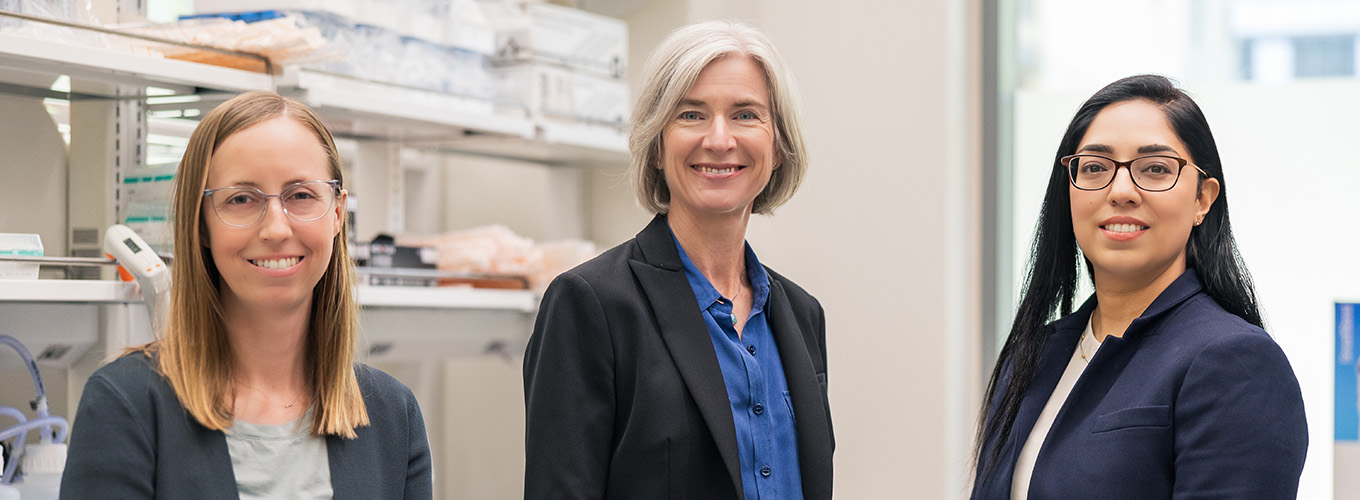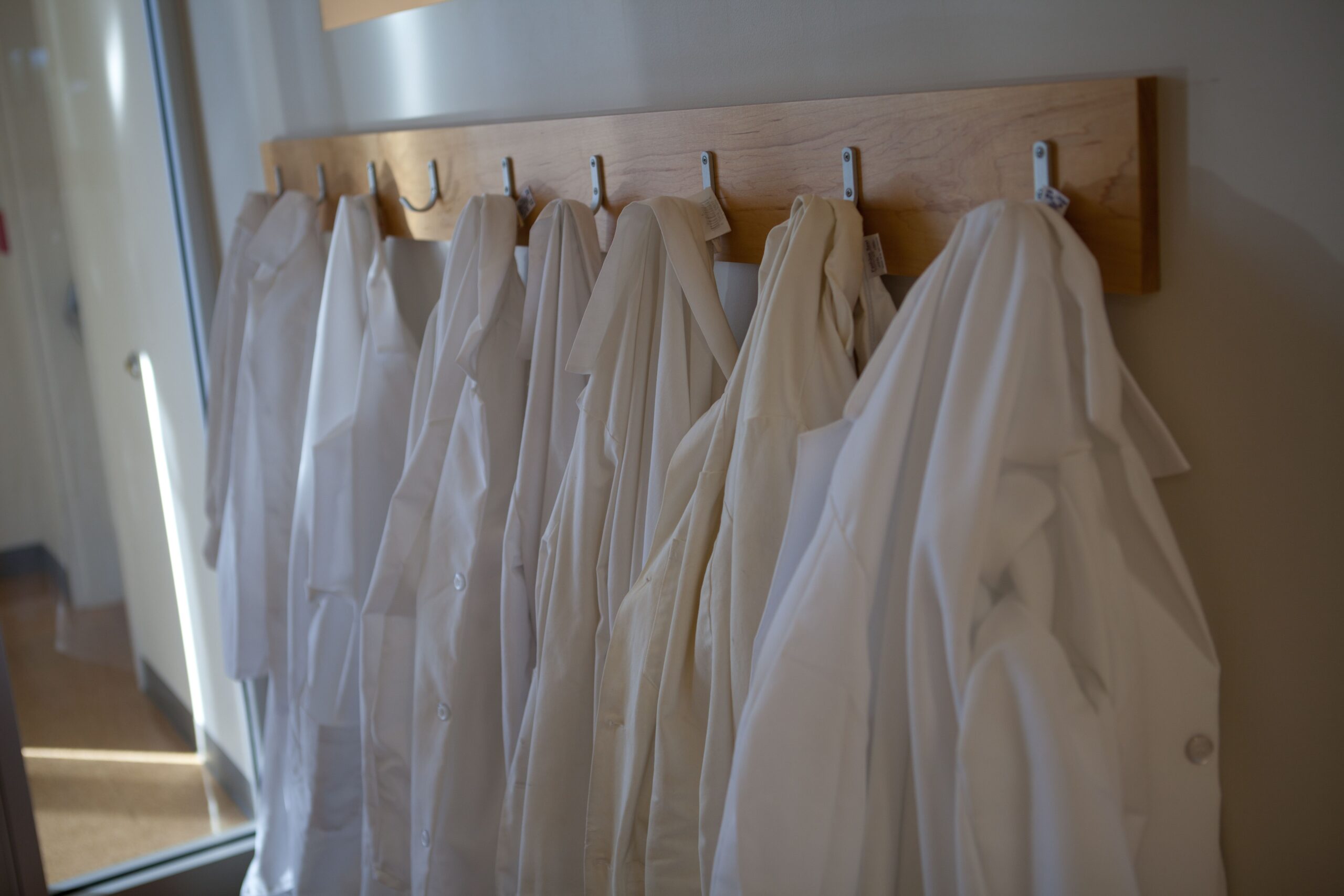
Meet an IGI Scientist – Alice Refermat
This series introduces the public and fellow researchers to our talented scientists. We interview different IGI members to find out who they are and what makes them passionate about science.
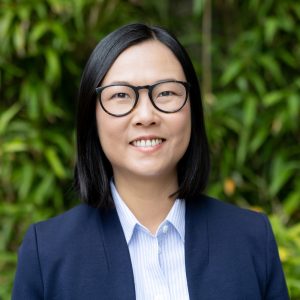
Alice Refermat is the Director of the Center for CRISPR Target Discovery at the IGI. She is also a WIES Fellow, working on therapies that target novel cancer-driving genes.
Where are you from?
I am originally from China, but my family immigrated to England when I was a teenager. So I grew up actually more or less the majority of my time in England, in a small town in Yorkshire. And then I went to Imperial College to do my undergraduate degree and stayed on for Ph.D. in cancer biology.
Because my family had been touched a lot by cancer, I was driven to study cancer biology. I did a postdoc in lung cancer with the Francis Crick Institute, and then worked at Memorial Sloan Cancer Cancer Center in New York using CRISPR. After a couple years there, I found this really cool opportunity at the IGI, so I was able to transition to the West Coast.
How did you become interested in science?
My mother is a pharmacist by training and when she was doing her diploma, she was working in the pharmacy during the day and she was taking evening classes that she would take me along to. So from around three years-old, I remember being in the lecture halls with my bottle. And so I got really interested in what she was learning, like traditional Chinese medicine and pharmacology.
Later my mother was diagnosed with breast cancer, which she didn’t survive after the cancer metastasized to the bones. And then two years ago, I lost my dad also to colon cancer. My personal experience made me even more motivated to find new and better cancer treatments.
Tell me about the project you are working on with the WIES program.
With the WIES program, I’m primarily trying to develop a gene-editing technology that can be used to regulate gene expression. So I have this technology called ZFP-off that can suppress gene expression for a very long time after a single dose delivery into human immune cells.
The biggest dream I have for this technology is using it to silence the cancer-driver genes that really promote cancer growth. And if you can find a way to inhibit those, it can lead to tumor shrinkage and meaningful treatment. Right now, a lot of the targeted therapies we have in the clinic are designed to target the cancer-driver gene product, which are the proteins. But I thought, instead of going after the gene product, let’s go after the gene itself.
I would say that we are at a very almost golden age of pushing the boundaries in terms of cancer therapies. There just are so many new things on the horizon. I feel like the door has opened up a lot more for cancer therapy possibilities, and people should be more hopeful in terms of cancer therapies in this current age.
How is the Fellowship going?
I’m really excited because it is enabling me to do proof of concept experiments. And also because of the WIES program, I am going to courses at UCSF and UC Berkeley to learn about how to start a company, when to spin out, how to talk to investors, and more, I’ve been a scientist for so long, but it’s really rare to have the opportunity to learn about the business and entrepreneurship side of things.
What do you like to do when you’re not doing research?
I like to enjoy the California outdoors hiking. Since I have spent a lot of my time in England and New York City, I just can’t believe how great the weather is here! I really like the Tilden Walkway. You can see the whole Golden Gate Bridge, and that’s really a really beautiful place.
You’ve mentioned your personal connection to cancer research as your big-picture motivation. What keeps you going day-to-day?
Day-to-day, actually, I have a lot of collaborations with other scientists, so it’s always very interesting for me to read about and to learn about what other researchers are working on and hear new questions I hadn’t thought about. There are a lot of gaps in our scientific knowledge and it’s really interesting to see a lot of people filling in those gaps. It’s such a privilege to learn about new things, the mechanisms behind life.
What role would you like to see science playing in the community?
I would say that maybe helping people to understand or be amazed by the complexity of life sciences, and especially in what we’re doing in terms of understanding how genes work, how proteins work, even just at the basic understanding what is DNA or is mRNA. A lot of times the general public don’t have a really good understanding of that. I feel like there’s a lot of fear of what technology can do, but I think that is from a lack of understanding, so maybe we as scientists need to do a better job at engaging the public.
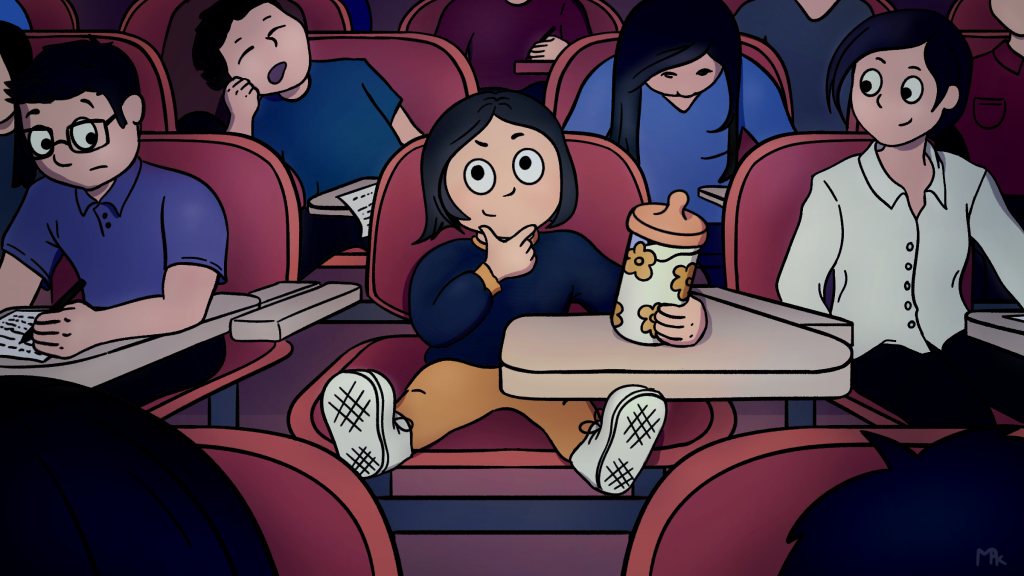
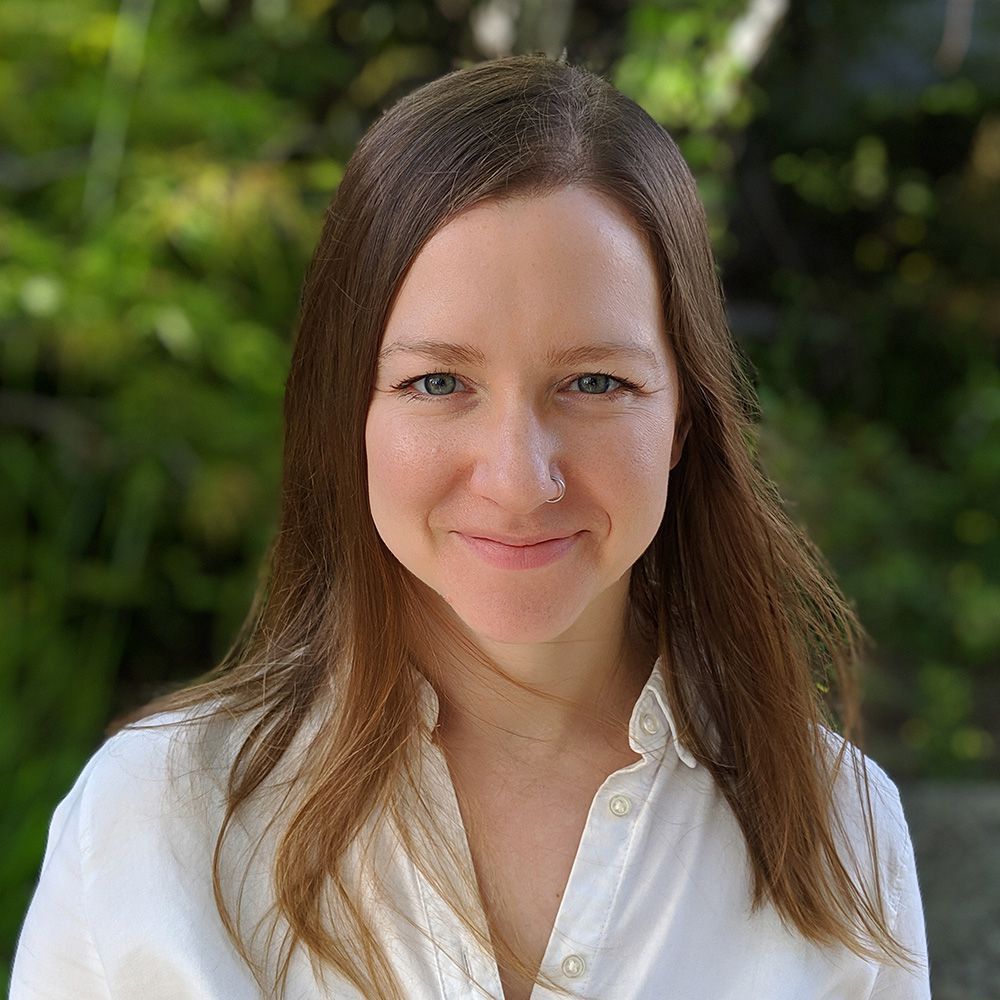 By
Hope Henderson
By
Hope Henderson

